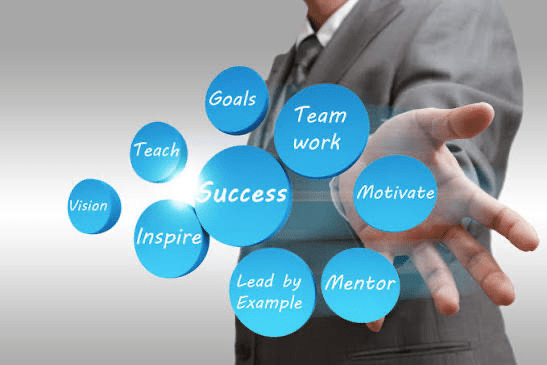The modern workplace has experienced a major transformation in recent years, with employee expectations reaching new levels. As we move through 2025, organizations face the pressing challenge of meeting these evolving demands while maintaining efficiency and staying competitive. Data shows that today’s workforce is more selective, more outspoken, and more willing to leave if their needs are not met.
The Shifting Landscape of Employee Expectations
Today’s employees operate with expectations that are very different from past generations. With 51% actively seeking new opportunities and 42% of turnover considered preventable, the numbers reflect a workforce hungry for growth, recognition, and meaningful engagement. Employees now see jobs not just as financial transactions but as experiences that should align with their personal values and professional goals.
In 2024, only 35% of employees reported being asked for feedback more than once a year. By 2025, that number rose to nearly half (48%). This rise highlights a growing expectation for employee voices to be heard and for their input to influence decisions. The traditional top-down management model is quickly fading as workers push for greater involvement in shaping their work environment.
Job satisfaction has also become more complex. A Conference Board survey revealed that 51% of U.S. employees feel satisfied with their jobs, leaving 49% dissatisfied. This gap underscores the urgent need for organizations to bridge the divide between what employees want and what is currently being offered.
Recognition and Career Development as Core Expectations
Employees now expect career growth and recognition as standard, not optional perks. In fact, 93% say they are more likely to stay with an organization that invests in their career development. This makes learning and growth opportunities a central factor in retention.
Recognition also plays a vital role. When employees don’t feel valued, 76% start looking for other opportunities. This shows how important targeted recognition strategies are, beyond generic appreciation messages. Personalized acknowledgment and reward systems can significantly boost morale and loyalty.
Professional development expectations are also more advanced than before. Employees look for structured training, mentorship, and clear career paths. Companies that celebrate achievement often use tangible rewards. For example, many organizations explore what vendor supplies glass awards? As these provide employees with meaningful, lasting tokens of appreciation that highlight their contributions.
A workplace survey also found that 94% of employees would stay longer if their company invested in helping them learn. This overwhelming figure proves that development programs are among the most powerful retention tools employers can use today.
Work-Life Balance and Flexibility Demands
The definition of work-life balance has evolved, becoming a core factor in how employees evaluate jobs. Flexibility and belonging are now major trends shaping employee expectations in 2025. Employees increasingly value personal well-being alongside professional success.
Wellness programs, mental health support, and flexible arrangements are becoming standard as companies recognize that healthier, happier employees are more productive and engaged. Flexibility now extends beyond remote work to include flexible schedules, compressed workweeks, and customized work setups that fit individual lifestyles. Companies that fail to adapt risk losing talent to competitors who offer these benefits.
The Role of Technology and Innovation
Employees expect workplaces to use technology that enhances productivity and satisfaction. Interestingly, employees are three times more likely to be using generative AI than their managers realize. This gap shows that employees are often leading the adoption of tools to improve efficiency—sometimes ahead of company initiatives.
This expectation comes from a generation accustomed to using advanced technology in daily life. Organizations need to invest in modern tools and platforms that support, rather than slow down, performance.
Building Strong Manager-Employee Relationships
The connection between employees and their direct supervisors remains crucial. Data shows that while 40% of employees rate their manager relationship as excellent and another 40% as good, 14% describe it as neutral—signaling room for improvement.
Modern management requires emotional intelligence, consistent communication, and genuine support. Employees now expect managers to mentor, coach, and advocate for their growth, rather than simply oversee tasks.
Strategic Response to Evolving Expectations
To thrive, organizations must adopt strategies that balance employee needs with business goals. Notably, 57% of CEOs now rank retention and engagement as top priorities.
The most successful companies are taking a holistic approach—combining fair pay with meaningful work, career development, recognition systems, and supportive cultures. Today’s employees want a workplace experience that meets their professional, personal, and developmental needs all at once.
The evidence is clear: addressing employee expectations in 2025 requires a shift in organizational mindset and practice. Businesses that adapt will enjoy a more engaged, loyal, and productive workforce, while those that resist will struggle with ongoing retention and recruitment challenges in an increasingly competitive market.



































